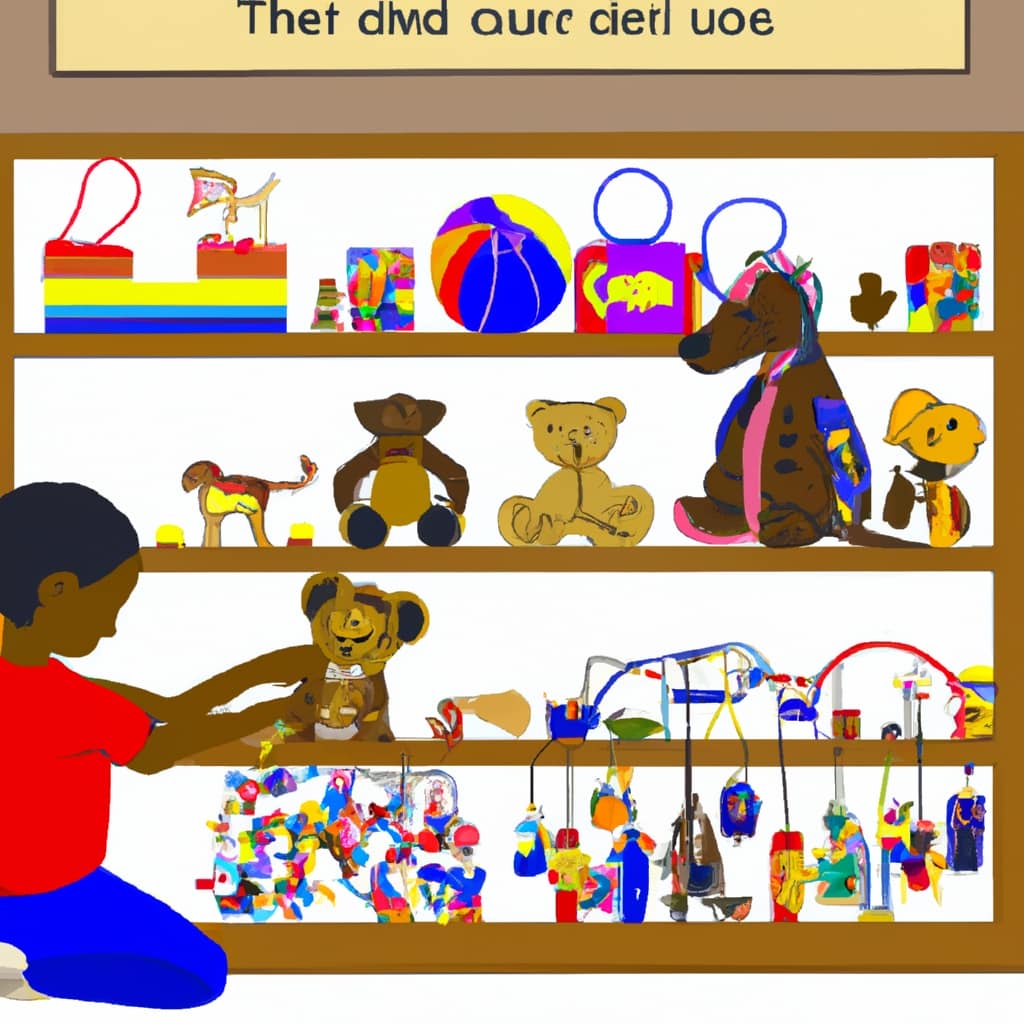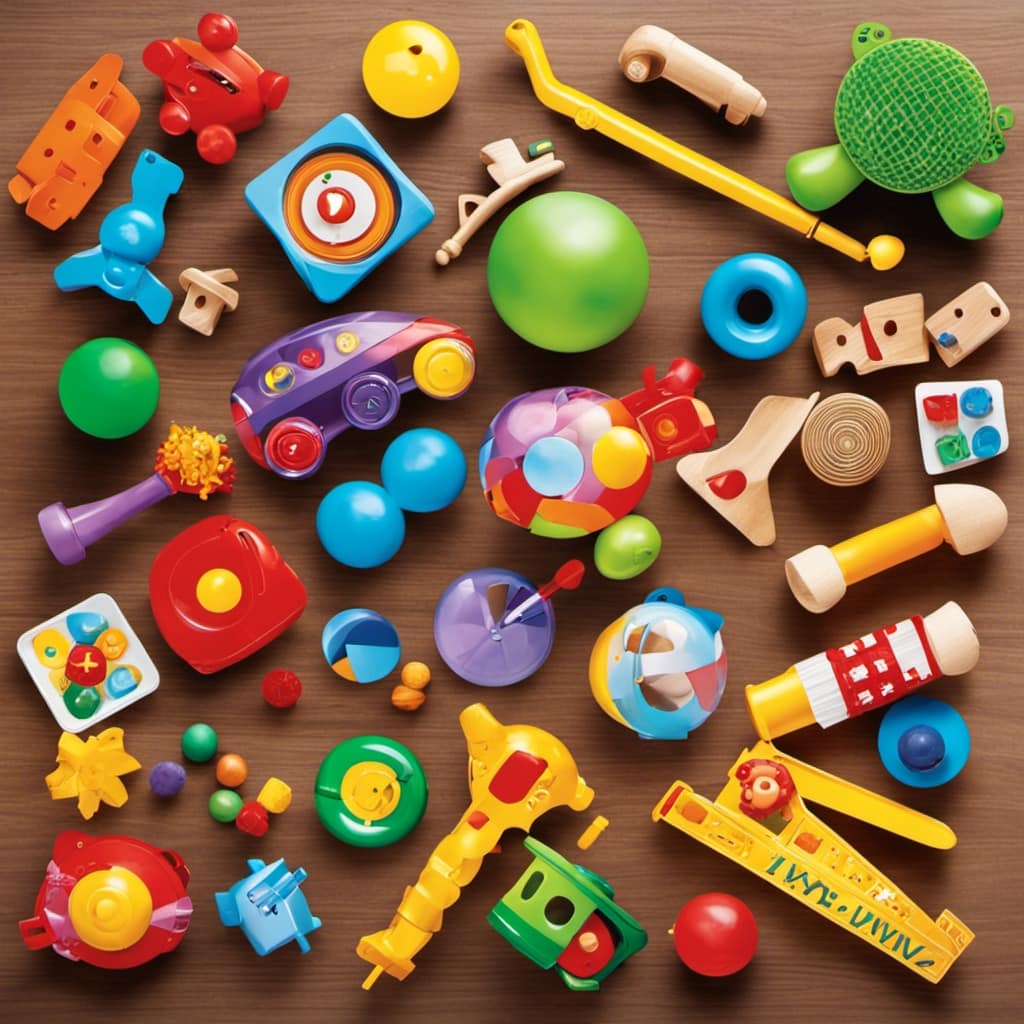As a professional in the field of child development, I am constantly fascinated by the intricate and fascinating facets of childhood growth and progression. Understanding the subtleties of how children develop is like uncovering a treasure trove of insights into how they see, behave, and learn new things. This knowledge enables us to profoundly impact their lives, regardless of whether we are educators, therapists, or healthcare providers.
Through this article, we will delve into the foundations of child development, the importance of a child development major, and the various career opportunities in this field. So join me on this journey of understanding child development as we explore the wonders of working with children.
Key Takeaways
- Child Development Major provides a foundation for understanding physical, cognitive, and social-emotional development of children.
- The major equips individuals with the necessary knowledge and skills to work effectively with children in various settings.
- Child Development Major offers a wide range of career options in fields such as education, social work, counseling, and healthcare.
- Understanding how children think, behave, and learn is crucial for those working with them in child development careers.
The Foundations of Child Development
I’ve learned that the foundations of child development, such as attachment theory and cognitive development, are crucial for understanding how children learn and grow.
As a child development specialist, I am familiar with the stages of child development and the importance of understanding child behavior.
Attachment theory highlights the significance of secure relationships in a child’s early years, shaping their emotional well-being and social interactions.
Cognitive development focuses on how children think, reason, and problem solve, providing insights into their learning processes.

By understanding these foundations, we can better support children’s development and create environments that foster their growth.
It is essential to approach child development with empathy, recognizing the unique needs, challenges, and experiences of each child.
The Importance of a Child Development Major
Having a child development major equips me with the necessary knowledge and skills to effectively work with children in various settings. Understanding child development is crucial for professionals in fields such as education and social work.
Child development plays a significant role in shaping education practices and strategies. By understanding how children learn and develop, educators can create environments that promote optimal learning and growth.
Additionally, child development is essential in social work as it helps professionals understand the unique needs and challenges faced by children. It provides a foundation for designing interventions and programs that support their emotional well-being and development.
Overall, a child development major offers valuable insights and expertise that can positively impact education and social work, benefiting children and their communities.

Exploring Career Opportunities in Child Development
I actively explore various career opportunities in the field of child development, such as becoming an early childhood educator or a child life specialist. These roles offer meaningful ways to make a positive impact on children’s lives and contribute to their overall development.
As a child life specialist, I would help children and their families navigate the challenges of illness and hospitalization, using play and therapeutic techniques to promote their emotional well-being.
On the other hand, as a child development researcher, I would contribute to the body of knowledge in the field, conducting research on cognitive, social, and emotional development. This research would inform best practices and interventions to support children’s growth and well-being.
Whether it’s working directly with children or conducting research, the field of child development offers diverse and rewarding career paths.
Key Concepts and Theories in Child Development
One key concept in the field of child development is attachment theory, which emphasizes the importance of secure relationships in a child’s early years. Attachment theory suggests that when children have a secure attachment to their caregivers, they feel safe and supported, which promotes healthy cognitive development.
| Attachment Theory | Cognitive Development |
|---|---|
| Secure relationships with caregivers promote healthy cognitive development. | Children with secure attachments are more likely to explore their environment and engage in problem-solving tasks. |
| Insecure attachments can hinder cognitive development and lead to difficulties in learning and problem-solving. | Secure attachments provide a foundation for children to develop cognitive skills such as attention, memory, and executive functioning. |
| Caregiver responsiveness and sensitivity are crucial in fostering secure attachments and promoting cognitive growth. | Secure attachments provide a sense of emotional security, which allows children to focus on learning and cognitive tasks. |
Understanding the role of attachment theory in cognitive development can guide parents, educators, and professionals in promoting optimal learning and problem-solving skills in children. By prioritizing secure relationships and emotional well-being, we can support children in reaching their full cognitive potential.

Skills and Competencies for Working With Children
Effective communication skills are essential in conveying information, actively listening, and building strong relationships when working with children. As a child development specialist, I understand the importance of effective communication in fostering healthy child development.
Here are five key reasons why effective communication is crucial in working with children:
-
Building trust and rapport: By communicating effectively, we establish a foundation of trust and rapport with children, creating a safe and supportive environment for their growth.
-
Understanding needs and emotions: Effective communication allows us to understand children’s needs and emotions, enabling us to respond appropriately and provide the necessary support.
-
Encouraging expression: Through effective communication, we encourage children to express their thoughts, feelings, and ideas, promoting their cognitive and emotional development.
-
Modeling positive communication: By modeling effective communication, we teach children valuable skills for building healthy relationships and resolving conflicts.

-
Upholding ethical standards: Effective communication ensures that we adhere to ethical standards when working with children, promoting their well-being and protecting their rights.
Navigating the Pathway to Working With Children
Communication skills play a crucial role in successfully navigating the pathway to a career in working with children. As a child development specialist, I understand the unique needs, challenges, and experiences of children. Transitioning careers to work with children requires a deep understanding of child development theories, research findings, and best practices. It also requires staying updated on the impact of technology on children’s development.
Here is a visual representation of the key skills and competencies needed to work with children:
| Skills and Competencies | Description |
|---|---|
| Effective Communication | Conveying information, active listening, and building relationships |
| Cognitive Development | Promoting thinking, problem-solving, and decision-making skills |
| Social-Emotional Development | Promoting empathy, emotional regulation, and positive relationships |
| Observation and Assessment | Evaluating development using various tools and techniques |
| Ethical and Professional Standards | Ensuring ethical practices in working with children |
Frequently Asked Questions
What Are the Requirements for Obtaining a Degree in Child Development?
To obtain a degree in child development, you need to fulfill the requirements set by the program. These may include completing specific coursework, gaining practical experience, and meeting any additional criteria outlined by the institution. There are various career options available for those with a degree in child development, such as becoming an early childhood educator, a child life specialist, or a developmental psychologist.
How Does Child Development Differ From Other Related Fields, Such as Psychology or Education?
Child development differs from psychology by focusing specifically on the physical, cognitive, and social-emotional development of children. It differs from education by providing a deeper understanding of how children learn and develop, beyond teaching methods and curriculum.
What Are Some Common Challenges That Professionals Working With Children Face?
As a child development specialist, I understand the common challenges professionals face when working with children. Effective strategies include building strong relationships, promoting emotional regulation, and addressing diverse needs through individualized approaches.

Are There Any Specific Certifications or Licenses Required to Work in Certain Child Development Careers?
There are specific certification requirements and licensing regulations for certain child development careers. These vary depending on the profession and the state or country in which one wishes to work.
What Are Some Current Trends or Advancements in the Field of Child Development?
Current research in child development highlights the importance of early intervention and the impact of technology on children’s development. Advancements in technology, such as interactive educational apps, offer new opportunities for learning and engagement.
Conclusion
In conclusion, understanding child development is not only a pathway to working with children but also a key to unlocking their full potential.
As a child development specialist, I am familiar with the theories, research findings, and best practices in this field. I strive to communicate complex concepts in an accessible manner, ensuring that parents, educators, and other professionals can easily understand and apply this knowledge.
Most importantly, I write with empathy, recognizing the unique needs and experiences of children. By prioritizing their emotional well-being and development, we can make a lasting impact on their lives.










